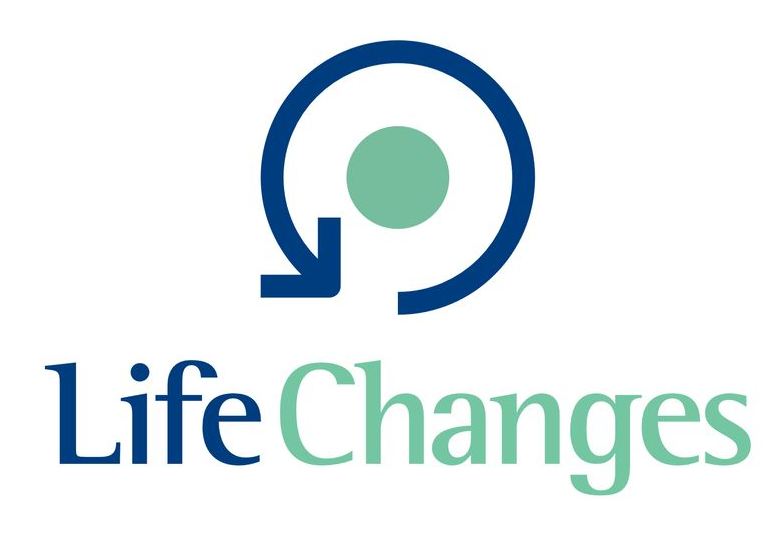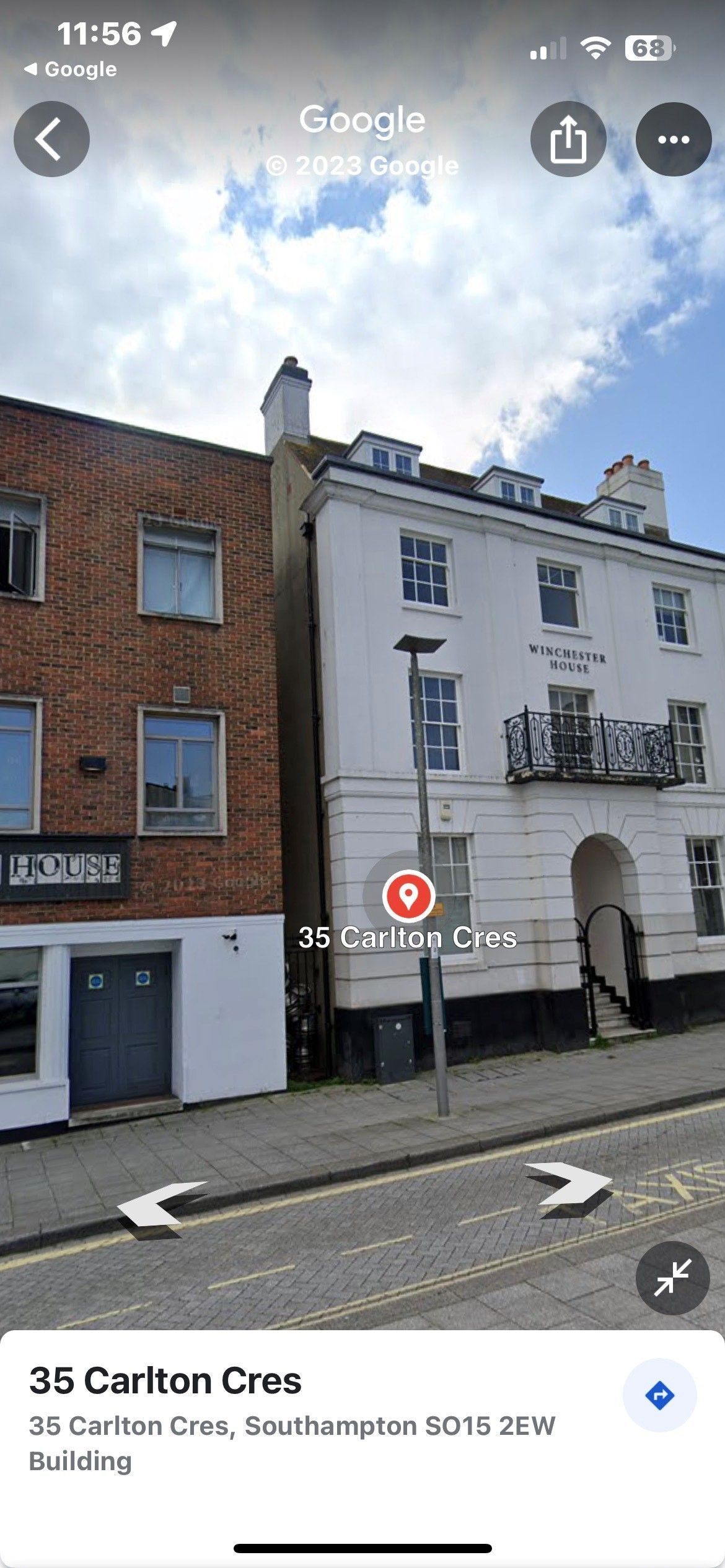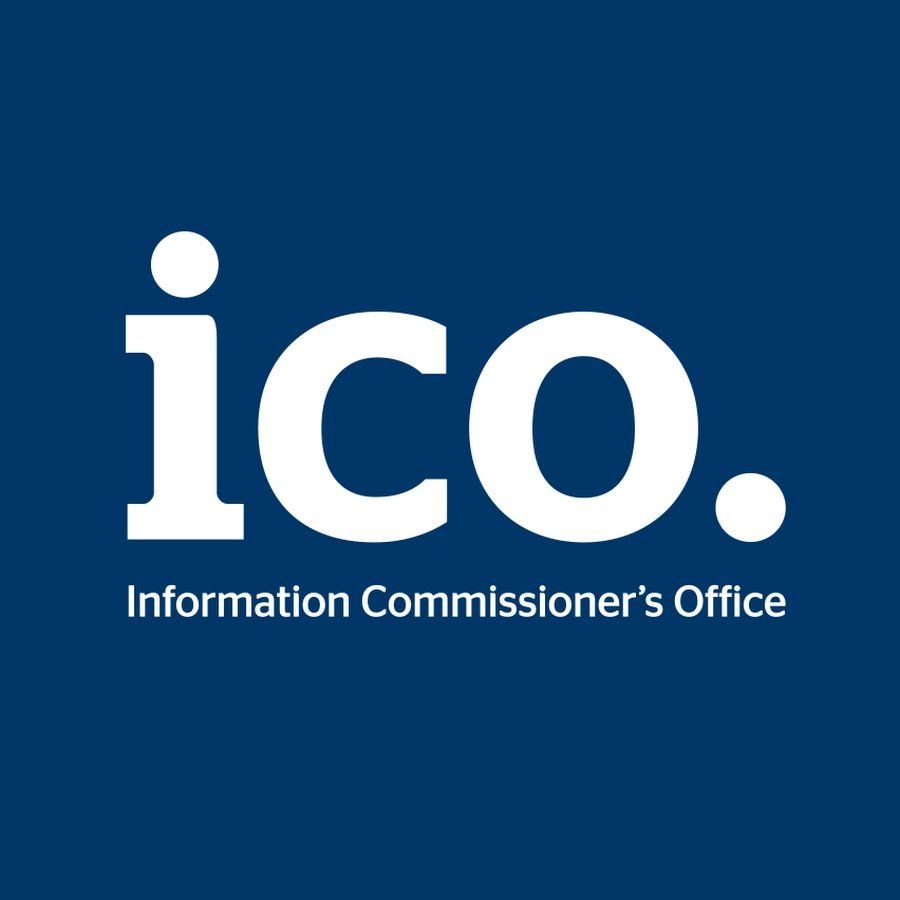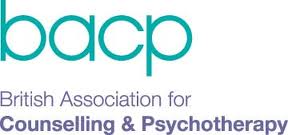22/23 Chairman's Report

Chairmans Report Nov 22/ to Nov 23
2023 can be said to be the first year for a while that LCC hasn’t been significantly impacted by Covid. In the period November 22 to November 23, we have organised a total of 2478 counselling sessions - 75% of which have been face to face. This compares with 1938 sessions for the previous year - more than a 20% increase and as such a tribute to the hard work of our volunteers and in particular, the commitment of Liz Rose, our head coordinator. After a false start with a deputy coordinator, this post is now being very ably filled by Amy Thomas; welcome Amy.
Historically our wait times have been significantly more than our target of 6 weeks. I am particularly pleased to note that increasing our volunteer counsellors to 28 and adding in 6 paid counsellors has brought the wait times down to well below target. It is currently less than 3 weeks. These statistics show that LCC is an ambitious organisation that punches well above its weight with a significant commitment to improvement. As with any organisation there are further improvements to come, but we are travelling in the right direction.
Providing counselling with our volunteers is our core service and will remain our priority. Our revised business model requires an average fee of £25 a session to provide this service, and this is achieved with a range of £20 - £35 according to means. We are confident that this core service will remain viable if this fee structure is maintained. With private counselling available at £60 or more and large charities and NHS bodies costed out at well over £100 this represents remarkable value and indicates the lean efficient nature of our organisation , and meets our stated vision of providing excellent counselling to those who would not normally be able to afford it .
A lottery grant in November 22 allowed us to extend our services to those who could not afford even these low fees but that pot of money is coming to an end, and in order to continue to provide a service to these folk we need to obtain further grants. Grant applications are in progress.
In this period, we have completed the first year of both our Paid Counsellor project (PCP) and ESP projects - the latter being our first foray into a providing counselling for an outside organisation. These two projects represent the first stages of our ambition to gradually increase the amount of experience and expertise available in our counselling service as well as supporting our alumni at the start of their careers.
The PCP project is now 18 months into the planned 3-year introduction. It now employs 6 counsellors and has delivered 594 sessions, within a few % if the planned number at this stage of the project. A total of 11 counsellors have worked on this project after qualifying, of whom 3 have now moved on to paid work on the ESP project. Year 2 of the PCP project should see us increase our paid work force to 8 with a 3rd year at this level, all supported by a 3-year grant. This project is more or less breaking even and the challenge is to turn it into a self-financing part of our organisation by the time the grant ceases in August 2025. Many thanks to Liz Rose and Chris Orton who are driving this project.
Our small contract to provide counsellors for a local Primary Care Network (the ESP project) has been a great success, and the contract has been renewed for a further year. We now have 3 of our alumni working on this project, and our vision of supporting our counsellors at the beginning of their careers has started to be achieved. The small surplus made on this contract has to some extent ameliorated the losses made in the core service, and ideally, we would slowly grow this work with further contracts. However, NHS contracts are notoriously fickle and subject to all sorts of abrupt cancellations, so we need to tread very carefully. The ESP project has been brilliantly taken forward by Imelda Byrne who is now stepping sideways once more to share the load with Steven Maidment. His IT expertise should be a great help with the managerial side of the organisation.
On the trustee side Liam Croucher stepped aside to concentrate on achieving full accreditation - we hope to see him back soon. Meanwhile Chris Orton and Cathy Jones, have really begun to apply financial and managerial rigor to the various facets of the organisation which bodes well for the future. We have also welcomed Anne Hall, who has already been helpful in applying the wisdom gained in her extensive experience of many facets of the counselling profession. As alluded to above, we are slowly expanding and would welcome one, or even two more trustees to add to our knowledge bank.
Looking to the future it is salutary to observe that a similar organisation based in Lymington has recently folded. Organisations which are dependent on grants or contracts for survival will always remain vulnerable to forced closure if these grants or contracts are suddenly withdrawn, so our policy of a self-funding core service should enable survival. If we continue to obtain grants we can continue to extend our service to those who cannot pay, without putting the whole service at risk. Equally, if we can obtain NHS contracts we can carefully grow our charity, but always with a careful eye on the precarious nature of these contracts so that we don’t become financially too reliant on them. In order not to overwhelm our small team of coordinators and trustees we probably need to introduce a bit more paid management capability, but again this needs to be done with care so that the increase in costs inherent in this do not financially overwhelm our business model. As with the various counselling projects mentioned above, our approach to this must be cautious and financially prudent progress.
I would like to think that sufficient NHS provision of Mental Health services would one day make our service redundant. At present this is far from the case so that we should continue to support those who fall through the NHS net. My thanks to all within the organisation for their hard work to achieve this. Meanwhile the Trustees confirm that they have followed the Charity Commission’s general guidance on public benefits and that they have conducted the affairs of Life Changes in accordance with its aim to benefit the public.













